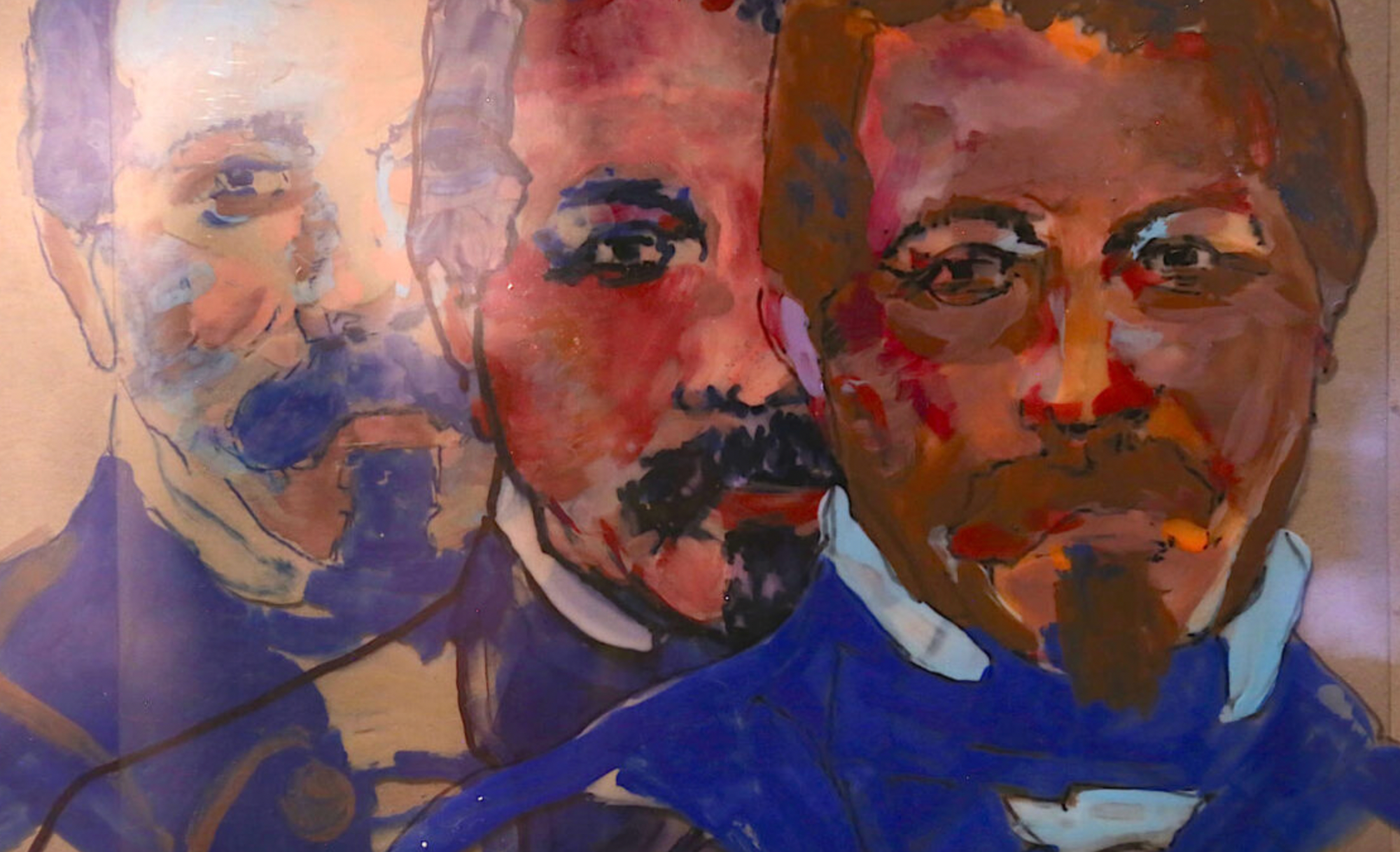BARRIO – On June 17th, 2002, history was made in Colombia after the country elected its first Afro-Colombian woman vice-president Francia Marquez. However, Marquez was not the only Black Colombian to reach one of the highest political positions in the country. In the 19th century, a man named Juan José Nieto Gil also made History after taking office as the first and only Black president of Colombia.
Born in 1805 in Baranoa, Colombia, during an era of revolutions that transformed his country and allowed him to ascend socially and politically, Nieto Gil dedicated his life to being a participant in wars across Latin America to liberate those countries from Spain.
Nieto Gil was proclaimed president in 1861. However, one of his great achievements was on May 21st, 1851, when he decreed the abolition of slavery on the northern coast of Colombia during his time as governor of the Canton of Cartagena. That is why that date is now known as ‘Afro-Colombian Day’ in the country.
For seven months, he took the reins of the country known at that time as the Granadian Confederation, which included Panama.
When the wars for independence between patriots and royalists erupted in1811 through the Caribbean Coast, Nieto Gil and his family decided to move to another city for safety. They ended up settling in Cartagena, an important port city that was beginning to fade due to the conflict and, with it, a new political regime was emerging.
There, he met his first wife Maria Margarita del Carmen Ponce de Leon.
She was a distinguished figure within Cartagena society. Daughter of a Canarian merchant named Juan José Ponce de León, who had earned a status position in the new country, she helped Juan José Nieto Gil access the local elite. For being light-skinned and having a self-taught taste for reading that led him to read from the library of the church of his town, José Nieto Gil has become considerably popular among the local elite.
After Carmen Ponce de Leon passed away, he devoted himself to writing and attending parties where he met Josefa Teresa Plácida de Los Dolores Cavero y Leguina, his second wife. Cavero y Leguina was from one of the wealthiest families of Cartagena.
At this time, he was appointed captain and fought many battles for the independence of Colombia. On April 1, 1841, he was wounded and captured in Tescua. He was expelled and went into subsequent exile in Jamaica.
Shortly after, an amnesty was signed in the Colombian Congress, by the government of Tomás Cipriano de Mosquera, which allowed Nieto Gil to return to the country, after three years in exile. When he returned to his homeland, he resumed political activism, becoming governor of Cartagena in 1850. In 1861, Nieto Gil became president of Colombia.
Unfortunately, Nieto Gil did not enjoy any kind of recognition throughout Colombia’s history. A Black activist, liberal and reformist neither instilled a sense of pride in the elites nor was deserving of the title of Colombian president.
Despite his importance in the country’s history, it took nearly 150 years for Juan José Nieto Gil to be recognized in his own country. In 2018, the portrait of Colombia’s first and only Black president finally took his rightful place in the presidential palace of Bogota.
After he died in 1866, his portrait as president (in which Nieto Gil exhibited his Afro-Caribbean features, dark complexion, thick hair and presidential band) was sent to Paris by Colombia’s government to have his Black features whitened.
Even with the changes, the political elite did not like the portrait. The painting ended up in the basement of the Palace of the Inquisition in Cartagena, a museum located in that Caribbean city.
“Recognizing Juan José as one of our presidents was long overdue”. It took us a long time, but now he will remain in the Palace of Nariño as one of ours”, as stated by president Juan Manuel Santos in August 2018, when he unveiled the official presidential portrait of Nieto at the Nariño Palace.
The current painting showcased in Colombia’s presidential palace shows off his curly black hair, beard and dark skin.






0 Comments